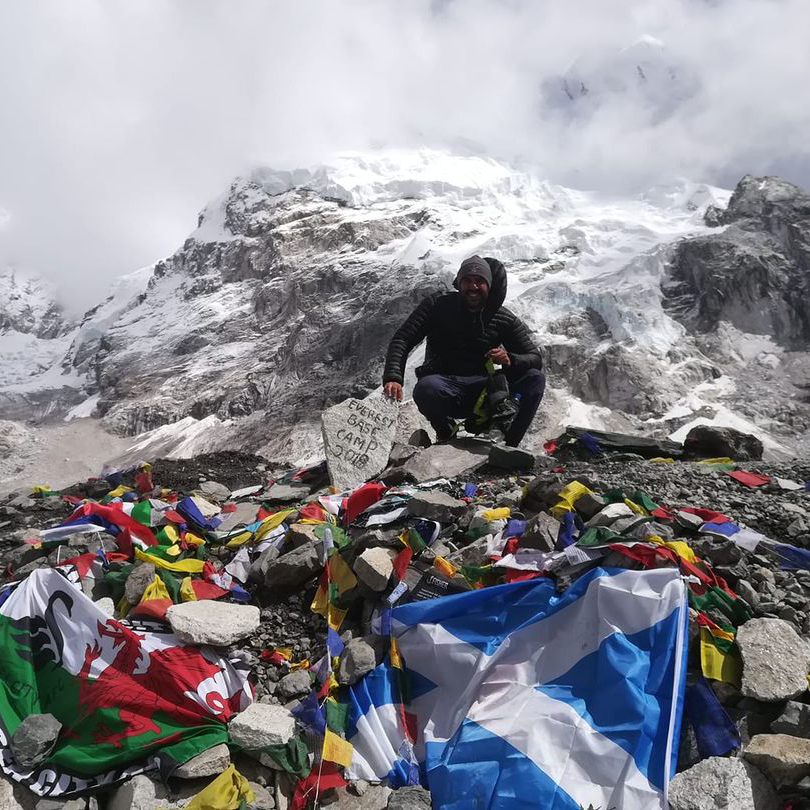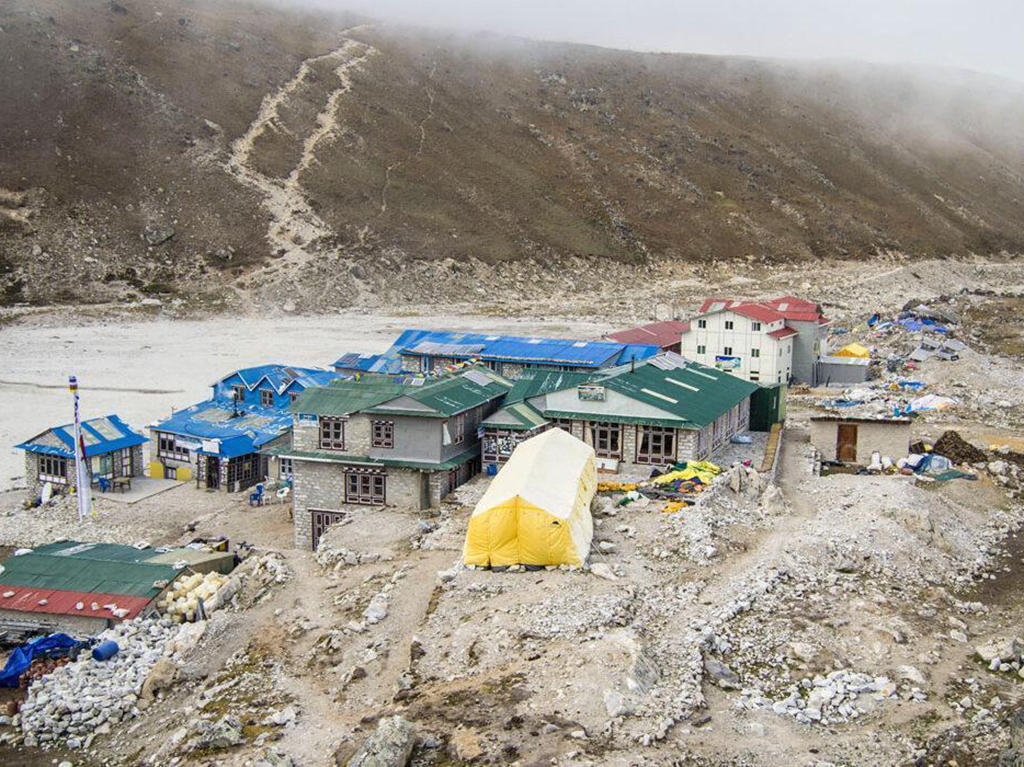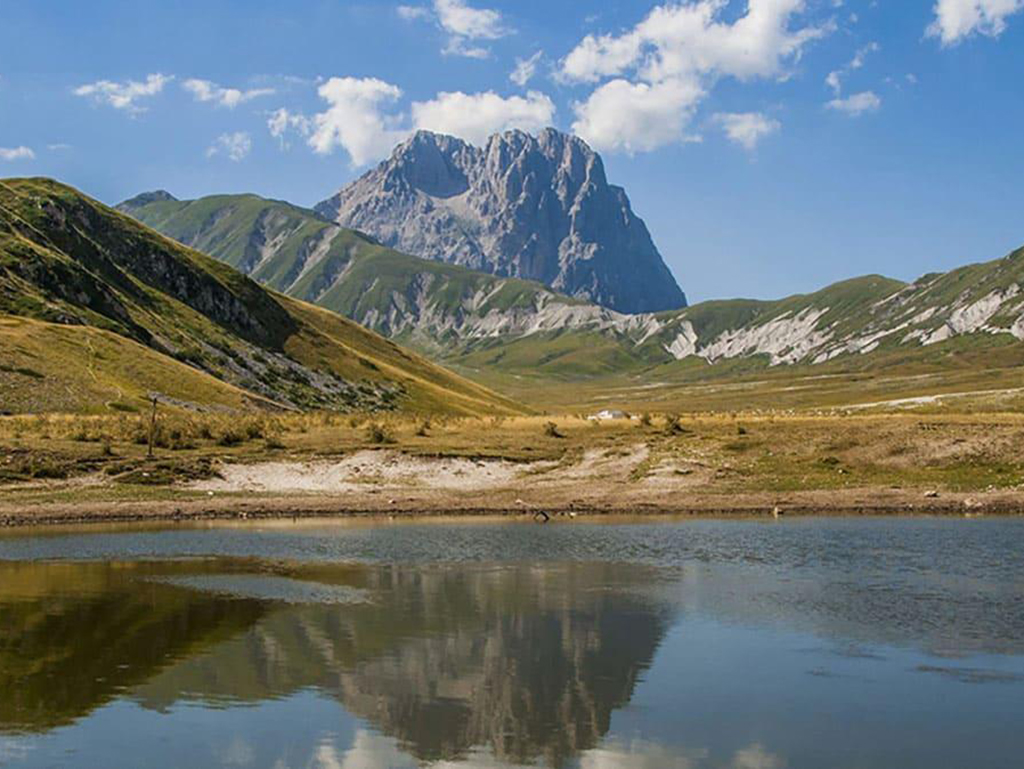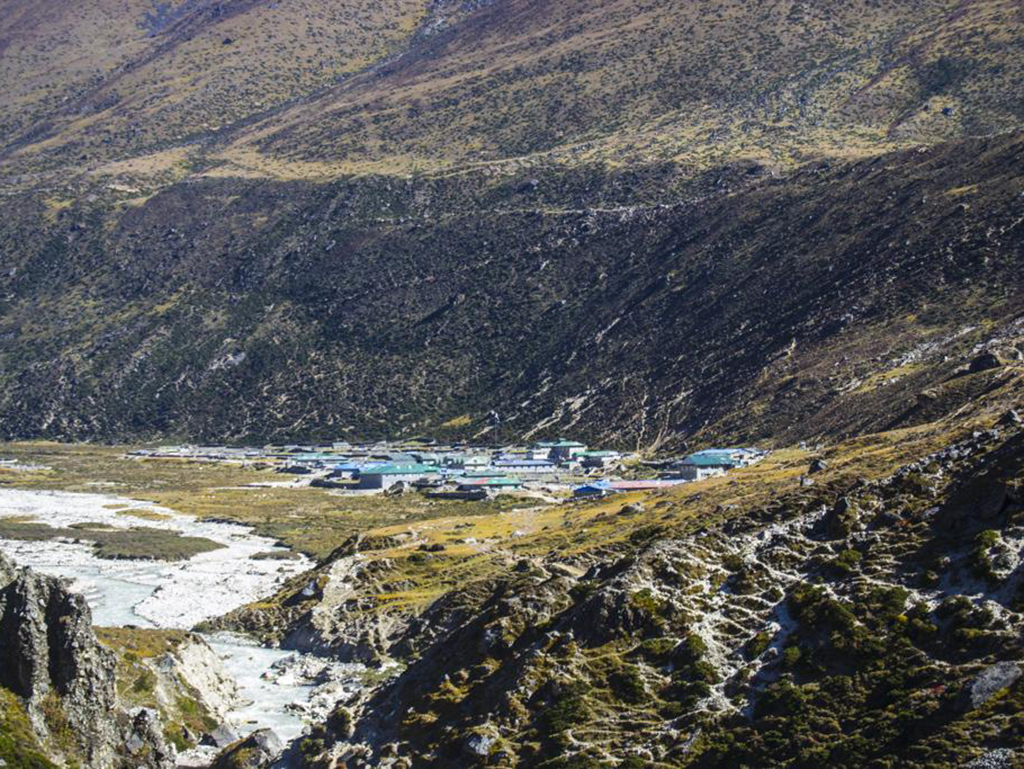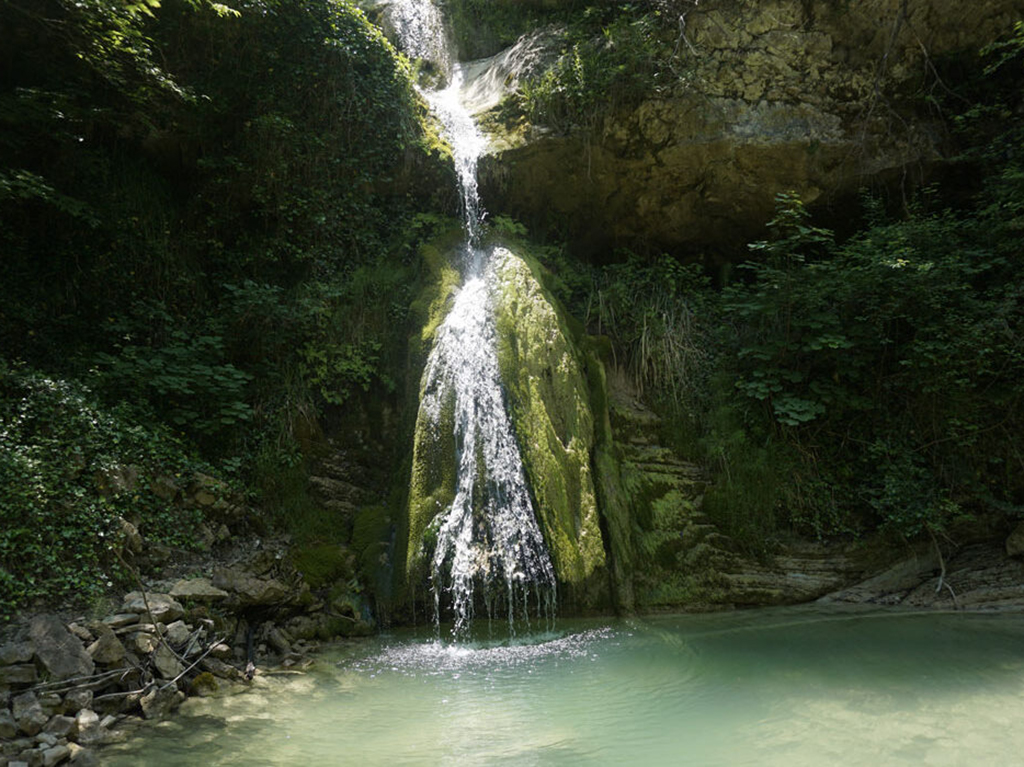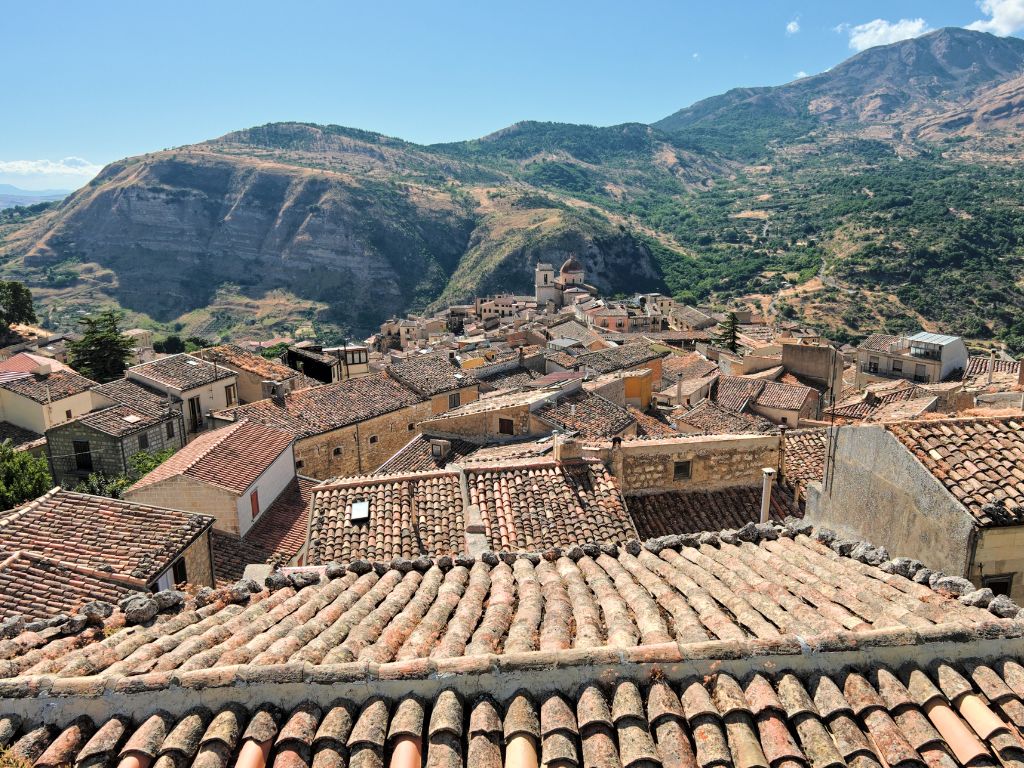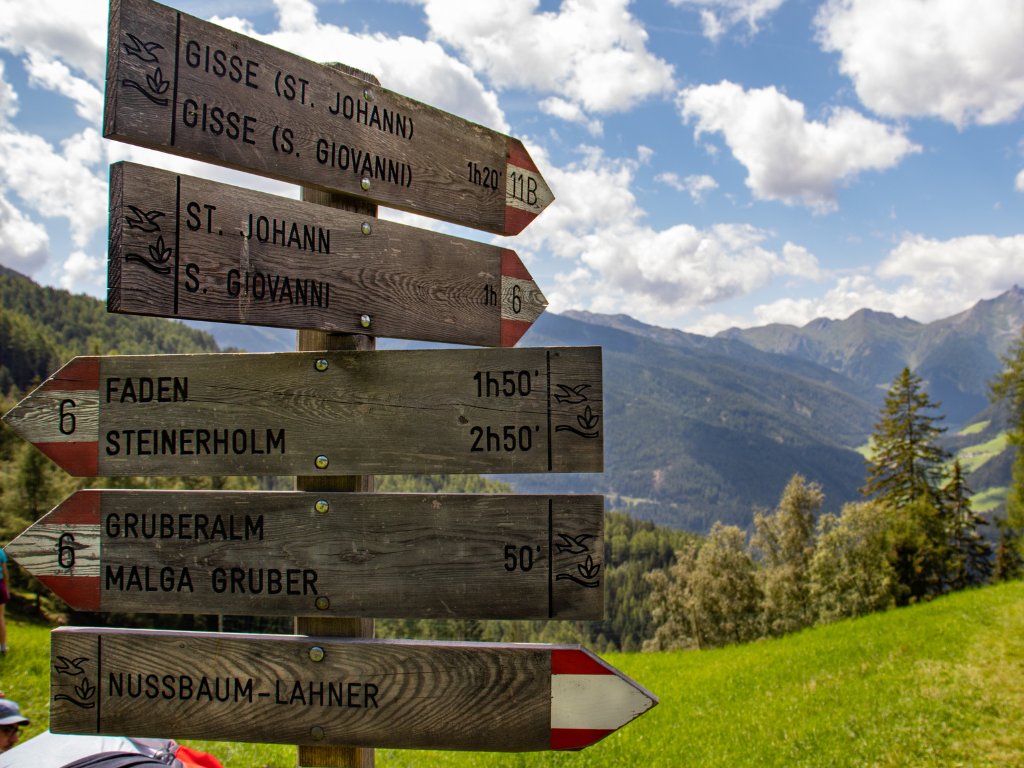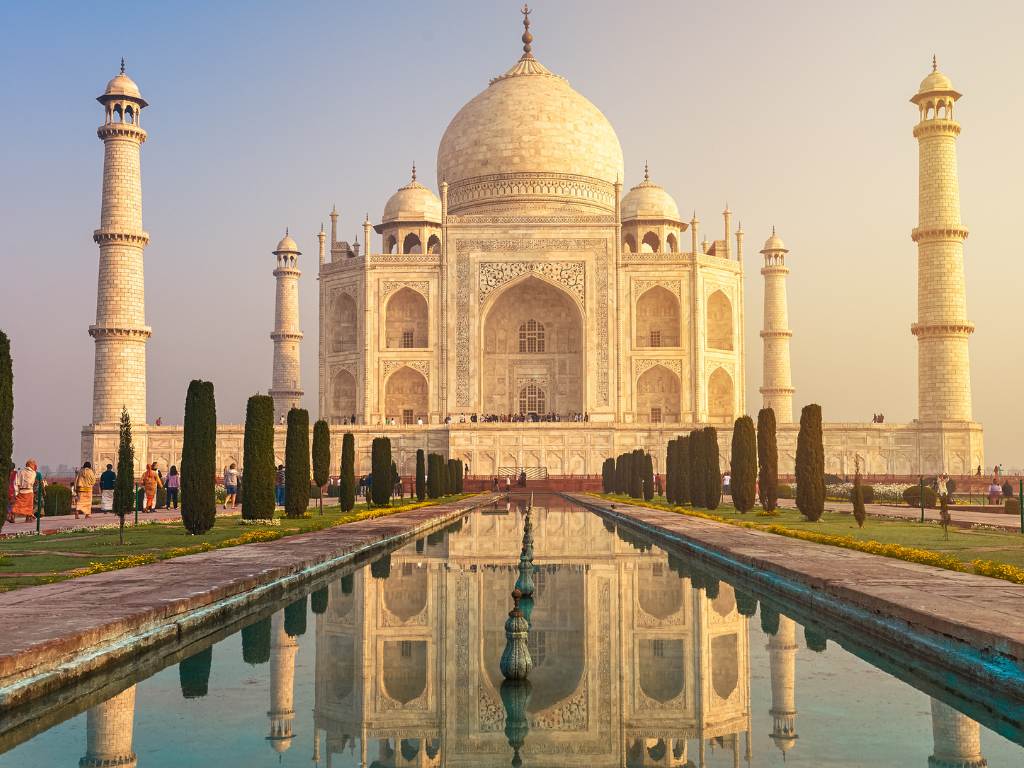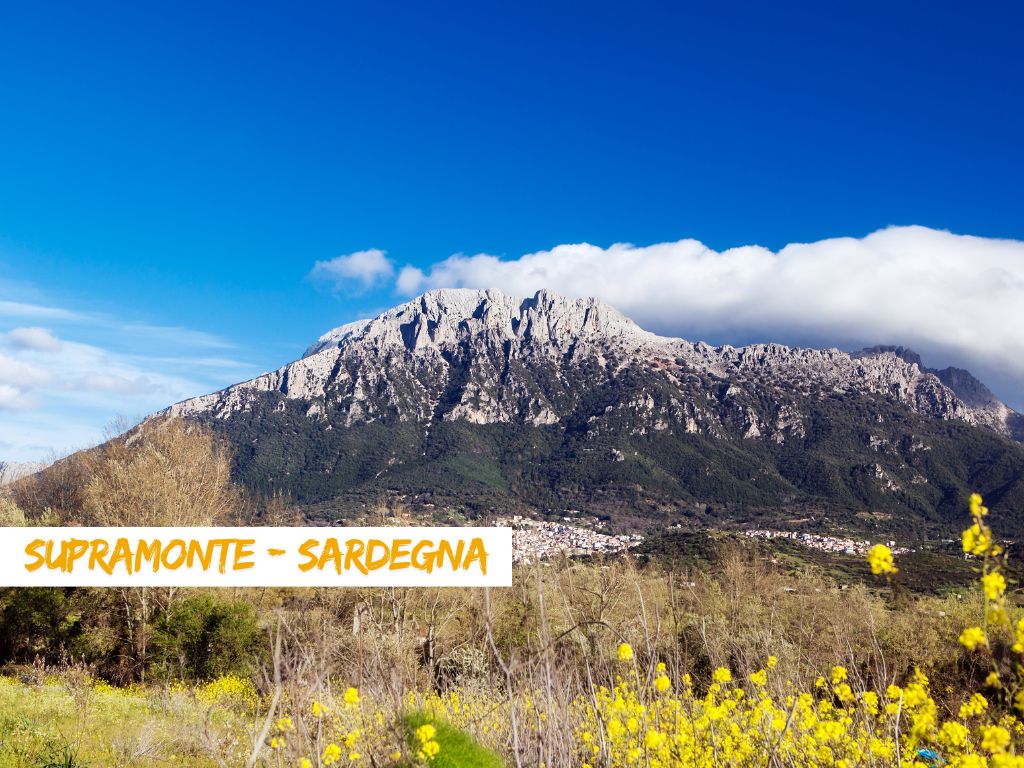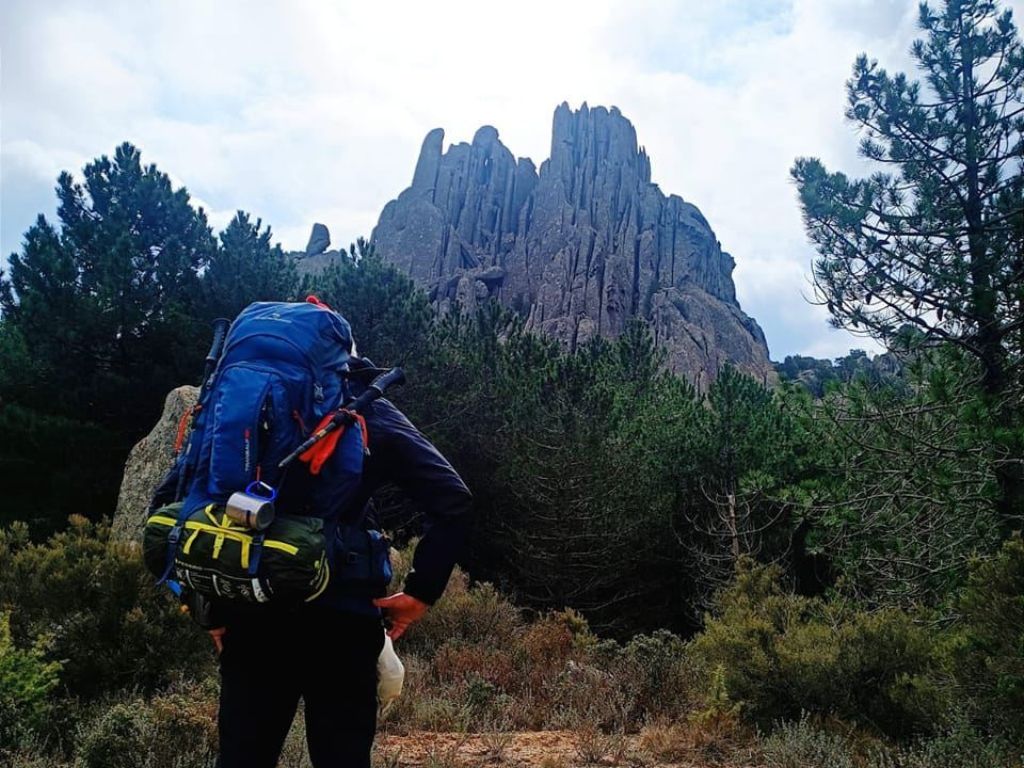Everest Base Camp, located in the heart of the majestic Himalayan mountains, represents one of the most coveted destinations for trekking enthusiasts and adventurers from around the world. If you dream of reaching this legendary destination starting from Kathmandu, the capital of Nepal, you're in the right place. This guide will provide you with valuable information on how to organize your journey to Everest Base Camp, offering practical tips to make your experience unique and unforgettable.
Discover the Himalayas: How to Reach Everest Base Camp from Kathmandu
Planning Your Itinerary
Travel Planning: Planning is essential for a successful trek. Before you depart, make sure to check the weather conditions, obtain necessary permits, plan your route, and arrange accommodations along the way.
Physical Preparation: Tackling the trek to Everest Base Camp requires good physical preparation. Start a suitable training program several weeks before departure. Focus on cardiovascular activities, endurance exercises, and altitude training.
Route Selection: There are several routes to reach Everest Base Camp from Kathmandu, each with unique features. The classic route passes through Namche Bazaar, Tengboche, Dingboche, and Lobuche before reaching Everest Base Camp. Discuss the available options in your article and describe the main attractions along the way, such as Buddhist monasteries and breathtaking views of the Himalayan mountains.
Acclimatization Tips: Acclimatization is crucial when trekking at high altitudes. During your journey to Everest Base Camp, make regular stops to allow your body to gradually adapt to the altitude. Advise readers to drink plenty of water, maintain a balanced diet, and take the necessary time to rest.
Gear Care and Contingencies: Ensure your gear is properly checked and prepared before setting out on the trek. Highlight this in your article, including suggestions for suitable clothing, footwear, and essential technical equipment. Additionally, remind readers to consider travel insurance and carry a small personal medical kit. Use keywords like "Everest Base Camp gear" and "travel insurance."
Getting to Everest Base Camp
- Flight from Kathmandu to Lukla: The first step is to take a flight from Kathmandu to Lukla Airport. Lukla is the main gateway to Everest and the starting point of the trek for many hikers. The flight from Kathmandu to Lukla takes about 35-40 minutes and offers panoramic mountain views.
- Trek from Lukla to Namche Bazaar: After landing in Lukla, begin the trek to Namche Bazaar, a lively town situated at an altitude of about 3,440 meters. The route follows the Dudh Koshi River through charming villages, suspension bridges, and rhododendron forests. The walk takes about 6-7 hours per day and provides spectacular views.
- Acclimatization in Namche Bazaar: Namche Bazaar is a key point for acclimatization, as it's advisable to spend a day here to allow your body to adjust to the altitude. During the rest day, readers can explore the town, visit the Sagarmatha National Park Museum, and enjoy breathtaking views of Everest and the surrounding mountains.
- Trek from Namche Bazaar to Dingboche: After the rest day in Namche Bazaar, continue the trek to Dingboche, situated at an altitude of about 4,410 meters. The route crosses more open terrain, with spectacular views of the Himalayan mountains. The daily walking time is about 6-7 hours.
- Acclimatization in Dingboche: It's also advisable to have a day of acclimatization in Dingboche to allow your body to adapt to the altitude. Readers can take local hikes to explore the surrounding valleys and admire epic views, such as Ama Dablam and Lhotse.
- Trek from Dingboche to Lobuche and Gorak Shep: The trek continues from Dingboche to Lobuche, at an altitude of about 4,910 meters, and then to Gorak Shep, at an altitude of about 5,164 meters. This is the last stage before reaching Everest Base Camp. The route becomes more challenging as you get closer to the final goal.
- Hike to Everest Base Camp: From Gorak Shep, embark on a day hike to reach Everest Base Camp, located at an altitude of about 5,364 meters. The hike takes about 2-3 hours each way and offers the opportunity to walk on the same land that legendary mountaineers have trodden. Once you reach Everest Base Camp, you can admire the imposing view of Everest and the surrounding peaks.
Remember that trekking to Everest Base Camp is a demanding experience that requires good physical preparation and proper acclimatization. Be sure to carefully plan your trip, including acclimatization stops, and rely on experienced guides and reliable organizations to ensure safety during the trek.
Kala Patthar
Kala Patthar is a mountain peak located near Everest Base Camp in the Himalayan region of Nepal. While it's not the highest peak in the region, it's one of the most popular destinations for hikers and offers spectacular views of Everest and the surrounding mountains. Here's a more detailed description of the Kala Patthar summit:
- Height: Kala Patthar stands at an altitude of 5,545 meters (18,192 feet). Although it doesn't reach the height of Everest, it offers one of the best panoramic views of the world's highest mountain.
- Accessibility: Kala Patthar is accessible through a hike of about two hours from Gorak Shep, the last stop before Everest Base Camp. The ascent can be challenging due to altitude and rugged terrain, but the effort is well rewarded by the spectacular view from the summit.
- Panoramic View: The view from Kala Patthar is undoubtedly one of the most exhilarating moments of a trek to Everest Base Camp. From the summit, you can admire a breathtaking panorama of the majestic peaks of the Himalayas, including Everest (8,848 meters), Lhotse (8,516 meters), Nuptse (7,861 meters), and Ama Dablam (6,812 meters). Sunrise or sunset casts a magical light on the mountains, creating a surreal atmosphere.
- Symbolic Importance: In addition to the spectacular panoramic view, Kala Patthar also holds symbolic importance for trekkers. It's considered a point of personal achievement and realization for those who don't aim to climb Everest itself. Reaching the summit of Kala Patthar represents a physical and mental challenge that demonstrates determination and willpower.
- Climate Conditions: The climate conditions at Kala Patthar can be extreme. Temperatures are very low, especially at night and during the winter months. It's essential to be adequately equipped with warm clothing and appropriate gear to tackle alpine conditions.
In conclusion, Kala Patthar offers an extraordinary view of Everest and the entire Himalayan mountain range. Its ascent requires effort and preparation, but once you reach the summit, the breathtaking view and sense of accomplishment will make the experience unforgettable.
Conclusion
Reaching Everest Base Camp from Kathmandu is an extraordinary experience for nature and adventure enthusiasts. Preparation, thorough planning, and a good understanding of the route will be crucial for a successful journey."





